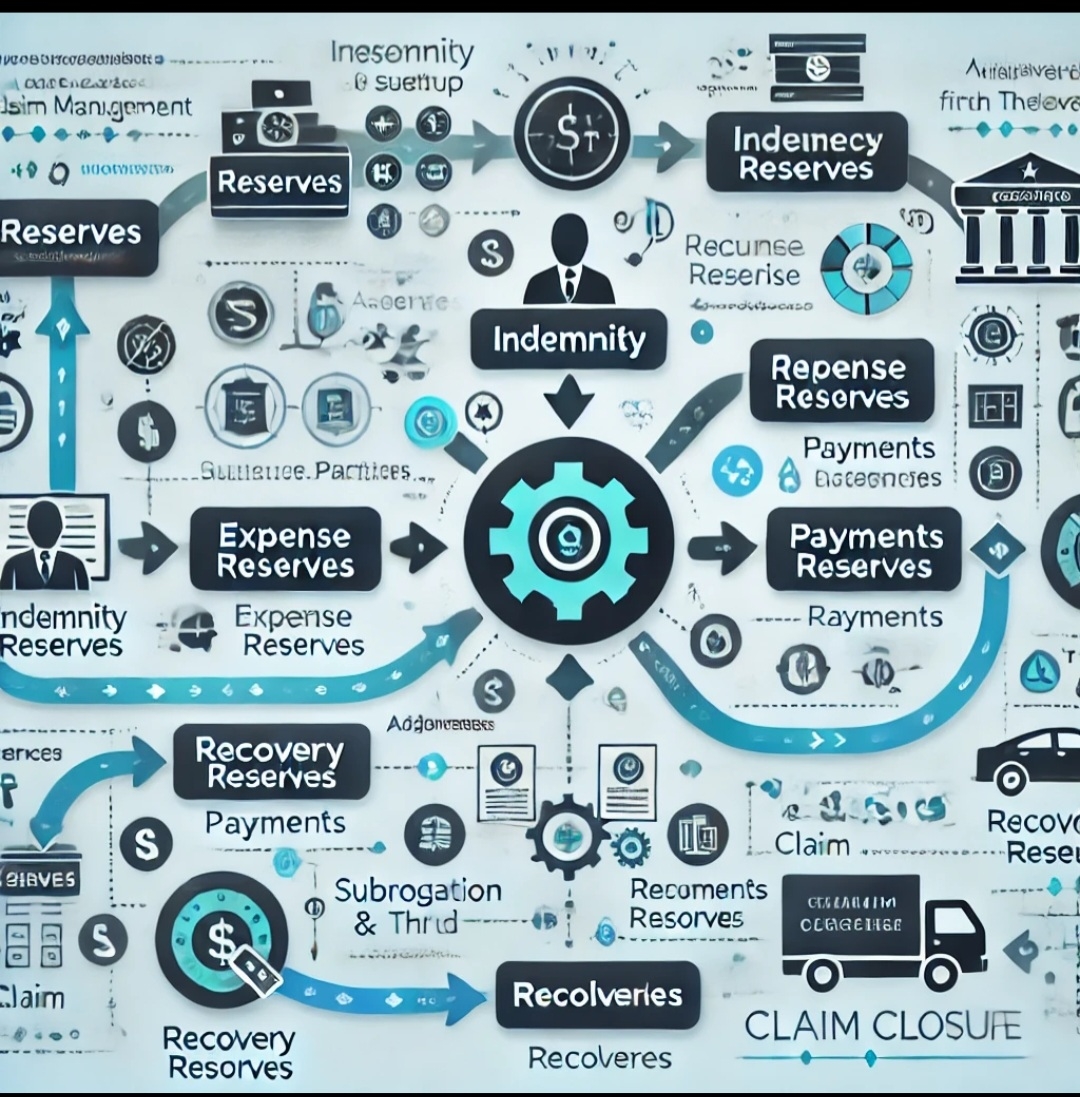Guidewire's ClaimCenter handles financial transactions in the context of insurance claims. These transactions generally revolve around payments, reserves, recoveries, and expenses related to the claim.
Key Financial Transaction Types in ClaimCenter:
1. Reserves:
- Definition: A reserve is an estimate of the amount of money an insurer expects to pay for a claim.
- Purpose: Reserves are established to ensure that the insurer sets aside sufficient funds to cover all aspects of the claim.
- Handling: Reserves are typically set at different levels for categories such as indemnity, legal fees, medical costs, etc.
2. Payments:
- Definition: Payments represent the actual disbursement of funds to claimants, vendors, or other third parties.
- Types: Payments can be one-time, recurring, or linked to specific transactions such as medical treatments or car repairs.
- Approval: Payments often go through various approval workflows depending on the payment amount, type, and specific business rules.
3. Recoveries:
- Definition: Recoveries are amounts that the insurer is able to recover from third parties, such as subrogation, reinsurance, or other recoverable costs.
- Importance: They are crucial for maintaining a balanced financial overview and reducing the net loss for the insurer.
4. Expenses:
- Definition: Expenses refer to the internal or external costs incurred while handling the claim, such as legal fees, investigator costs, or expert consultations.
- Tracking: Expenses are tracked separately from indemnity (the amount paid to the claimant) and are important for calculating the overall cost of a claim.
Financial Transaction Lifecycle:
- Initial Setup: When a claim is created, reserves are often established right away, providing an estimate for the financial impact.
- Adjustments: As the claim progresses, reserves may be adjusted based on new information or changes in the case's development (e.g., higher medical costs or legal disputes).
- Payments & Approvals: Payments are made to cover the actual costs associated with the claim, such as settlements, medical bills, or vendor payments. Each payment may require different levels of approval.
- Recoveries: Any recoveries (e.g., subrogation or reinsurance) are tracked to ensure that the insurer recovers any funds owed from third parties.
- Closing the Claim: Once all transactions are processed and the claim is settled, the financial transactions are reconciled, and the claim can be closed.
Integration with Financial Systems:
ClaimCenter often integrates with external financial systems (such as ERP systems) for accounting and reporting purposes. This ensures that all transactions are properly recorded in the general ledger, and financial reports are accurate.

Comments
Post a Comment
Share this to your friends